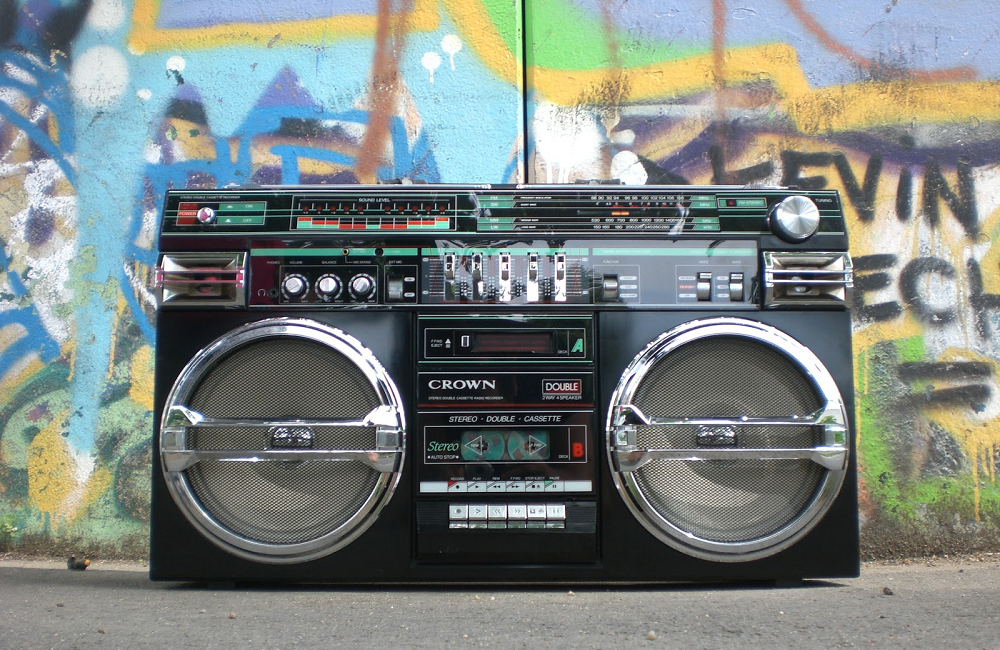Do you want to communicate beyond the boundaries of the internet or mobile phone networks?
This especially comes in handy in remote areas, out in the sea, when camping, hiking, and doing many other activities. Just imagine being on the top of the mountain and needing to seek help or medical assistance. Those are likely to be times when mobile network coverage is inaccessible, and the ham radios provide an indispensable alternative.
It provides powerful communication over a broad range of frequencies which are permitted according to the ham radio operator level. What are these levels, and which one should you choose are all answered in this article about Beginner vs. Advanced Ham radio?
Before doing so, let’s know if amateur radio is another name for ham radio.
What is Ham Radio?
Ham radio is the popular nickname for amateur two-way radio. The word amateur here aims for non-commercial use instead of non-professional as communicating via ham radios requires myriads of technical knowledge, which varies from a beginner to advanced ham radio.
These are considered the wireless gadget of communication which uses the radio frequency spectrum for non-commercial or purely personal communication.
Following are some of the significant advantages of Ham Radio or Amateur Radio:
- Ham operators can confer with different operators with transmit power of ten watts or less.
- It helps a lot in communication once differences are down due to some failure or disaster.
- It also provides long hours of communication throughout emergency situations and is simple to set up.
- It can also be used for experiments with straightforward configurations anyplace and might be interfaced with computers for knowledge transmission/reception.
- Ham or amateur radio operators will communicate with astronauts in space laboratories.
From communicating on the heights of mountains to the comfort of your home or the workplace, a handheld ham radio can move with you everywhere. The radio uses twenty-six frequency bands with various distance coverages. You can check the handheld ham radio review and do your online due diligence if you are considering buying one.
What is the difference?
Any one of us can become a radio ham (operator). Be it a doctor, a student, or anyone, and amateur radio operators can be from different diverse backgrounds with the only requirement of having the right set of knowledge and skills.
This technical knowledge is validated in the form of a license to ensure that individuals know how to use the spectrum properly. The required license to operate ham radio can be classified from a beginner to an advanced level. For acquiring the license- the advanced it is, the more access to the privileges it conveys- one has to give an examination, and its difficulty level varies accordingly.
- Technician class
Looking for a license to get started with your hobby of ham radio, this is a good choice. For this license, one needs to attempt a test consisting of 35 questions based on basic topics like safety, basic electronics theory, and radio regulations. Even this beginner state radio license has numerous privileges such as access to all brands higher than 30 MHz.
- General Class
Moving forward on the road of advanced ham radio, general class license reserves the second possible slot. This is also a 35 MCQ-based test that unlocks technician class additional privileges like allowing you to interface with other ham radios with more than 83% bands in the High Frequency (HF) bandwidth.
Reaching this general class license milestone is a good choice for some who are seeking worldwide communication.
- Amateur Extra
Just as its name suggests, this extra class license brings extra advanced availability of benefits which you were restricted to you in the above-mentioned license. For acquiring the advanced advantages of both Technician and the General Class, this test would comprise more than 700 questions. It may appeal for some serious, focused studying.
However, this effort would be worthy for someone who wishes to enter the prime operating territory, which is actually the lowest segments of multiple HF frequencies, and it’s mostly where the pro-Morse code operators hang out.
Conclusion
In case you were thinking that qualifying for radio exams is hard and you may have to stick to the recreational low power devices – that is not so. Most of the exams are generally easy, and any person with reasonable abilities to read, write and remember is likely to pass the exam for the first two levels in their first attempt. Even reaching the amateur extra is a very realistic aim to achieve, so get into it today!
This is a Contributor Post. Opinions expressed here are opinions of the Contributor. Influencive does not endorse or review brands mentioned; does not and cannot investigate relationships with brands, products, and people mentioned and is up to the Contributor to disclose. Contributors, amongst other accounts and articles may be professional fee-based.

